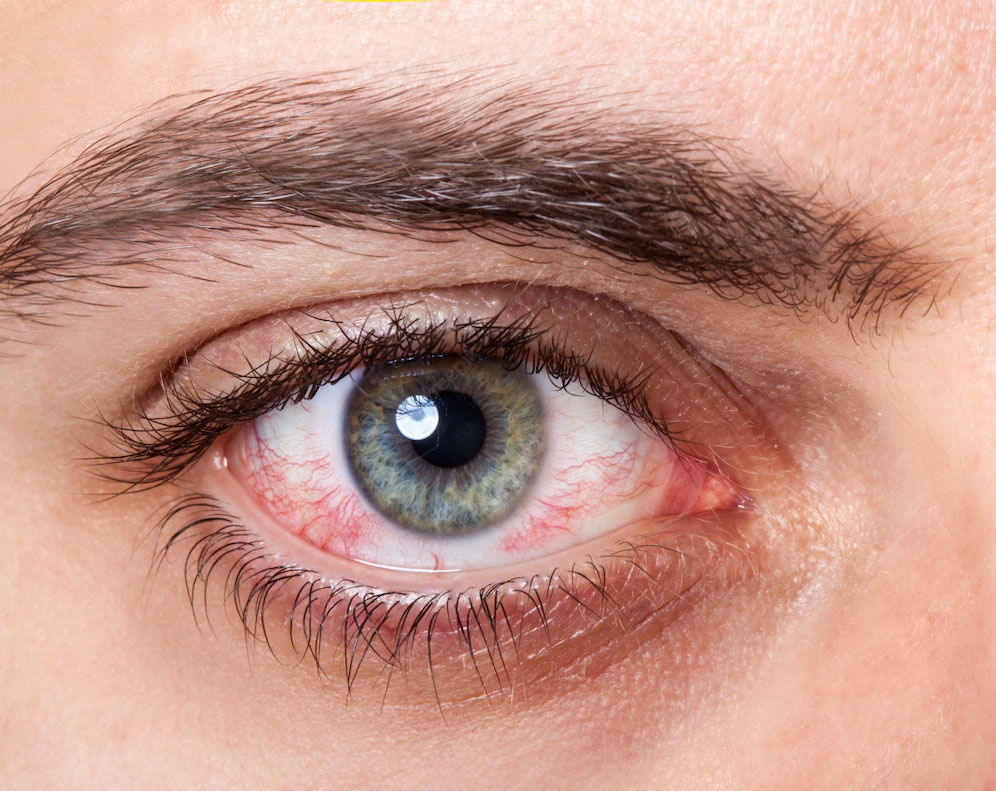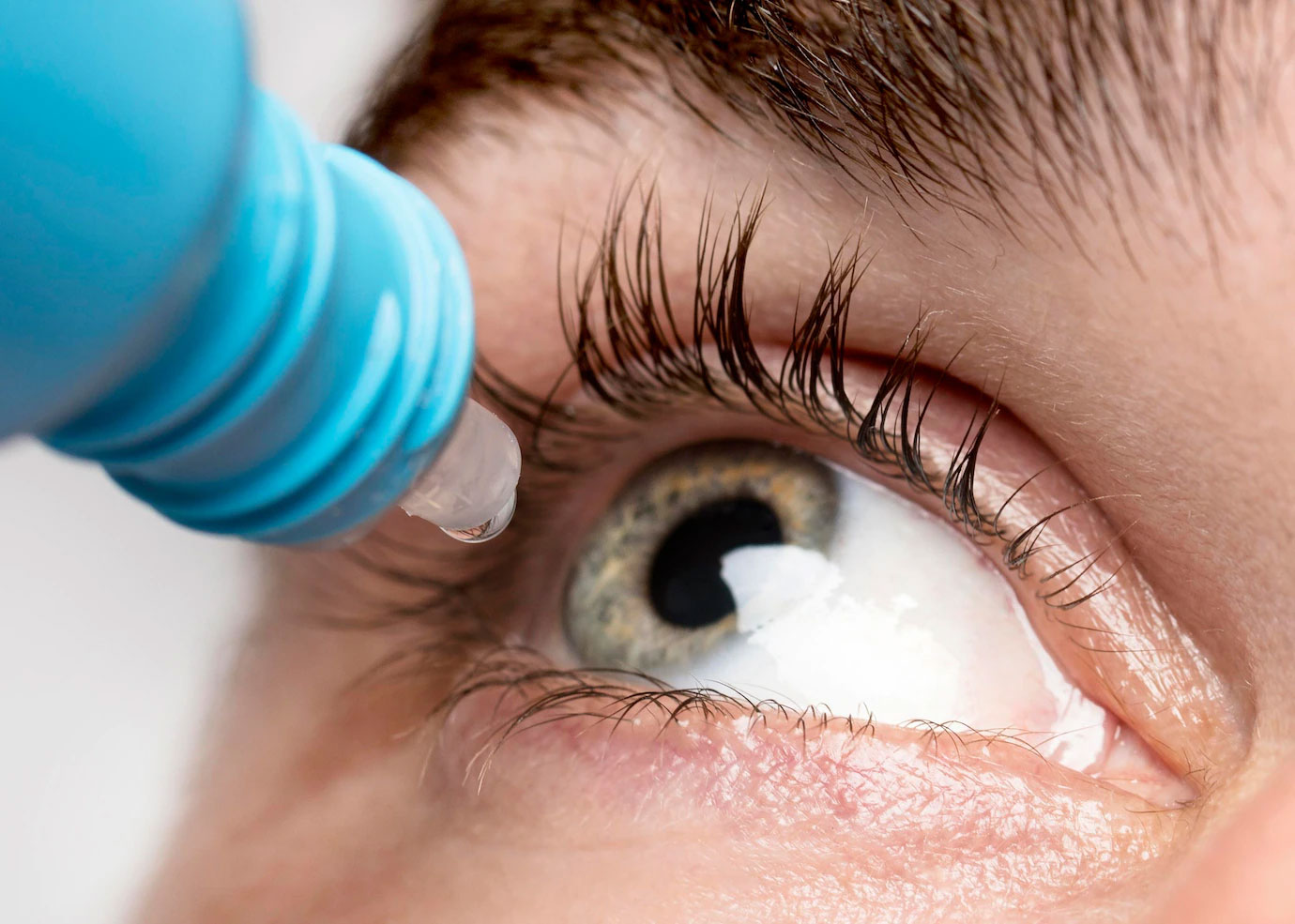Everyone is not affected by common eye diseases during winter, but many people are. And that makes it difficult for the non-affected people to relate with us, the ones with dry eyes, blurry vision, redness and other types of eye problems. But not relating with everyone shouldn’t stop you from taking care of your eyes and getting them treated in case of any problem.
Winter brings different challenges for the body, skin and overall health. Along with that, it also brings certain common eye diseases. In fact, winter might be a cause of eye irritation like dryness, itchiness, burning sensation, eye fatigue and light sensitivity. To avoid all types of eye problems, it’s better to take precautions and start caring for your eyes before any symptoms show up, just like you do with skincare in winter.
So let’s take a look at four important winter eye care tips you must follow this winter!
4 Eye Care Tips You Must Follow In Winter
-
Make Sure You Cover Your Eyes
Just like the rest of your body parts, your eyes, too, need to be covered in winter. No, you don’t have to blindfold yourself; wearing a sunglass while heading out will do. Or if you are not in the mood for sunglasses, eye goggles are a great choice too. Why? This is because the cold air can adversely affect your eyes, leading to excessive tearing, which can be the cause of blurry vision. So, make sure you use appropriate eye gear when heading out in the winter.

-
Maintain Personal Hygiene
Winters are notorious for causing infections. So, if you are not a germaphobe, you still have to adopt some of their practices. Regular hand washing, limiting exposure to sick people, and not touching your eyes are some measures you must maintain to keep your eyes safe. People commonly suffer from eye infections such as conjunctivitis, a common cause of eye redness in winter. Following these measures can help you prevent conjunctivitis and other infections.

-
Limit Time Outdoors If You’re In A Place With Extreme Temperatures
Extreme cold temperatures below zero degrees can be harmful to your eyes. Low temperatures can cause blood vessels to tighten and reduce or stop the blood flow to different body parts. If the blood flow to your eyes is reduced, it can be a cause of eye irritation and blurry vision. You can get blind spots in your vision or just blurry vision in general. The only way to prevent this is to limit your time outdoors when the temperatures are very low.

-
Use A Humidifier & Lubricating Eye Drops
Dry eyes are a common problem during winter. It’s caused because the winter air doesn’t have moisture in it, which leads to your eyeballs getting dry. Dry eyes can be a cause of eye pain and irritation. To aid the problem, you can use an air humidifier. You can also use lubricating eye drops. However, it’s best used with your doctor’s advice and not over the counter.

Final Note
If you’ve been experiencing any types of eye problems, remember that precaution is better than cure and start following the tips mentioned above. And if the problems still persist, you can book an appointment at Sanjeevan. They offer non-invasive procedures to treat common eye diseases and can help you get perfect eyesight with highly trained medical professionals.
